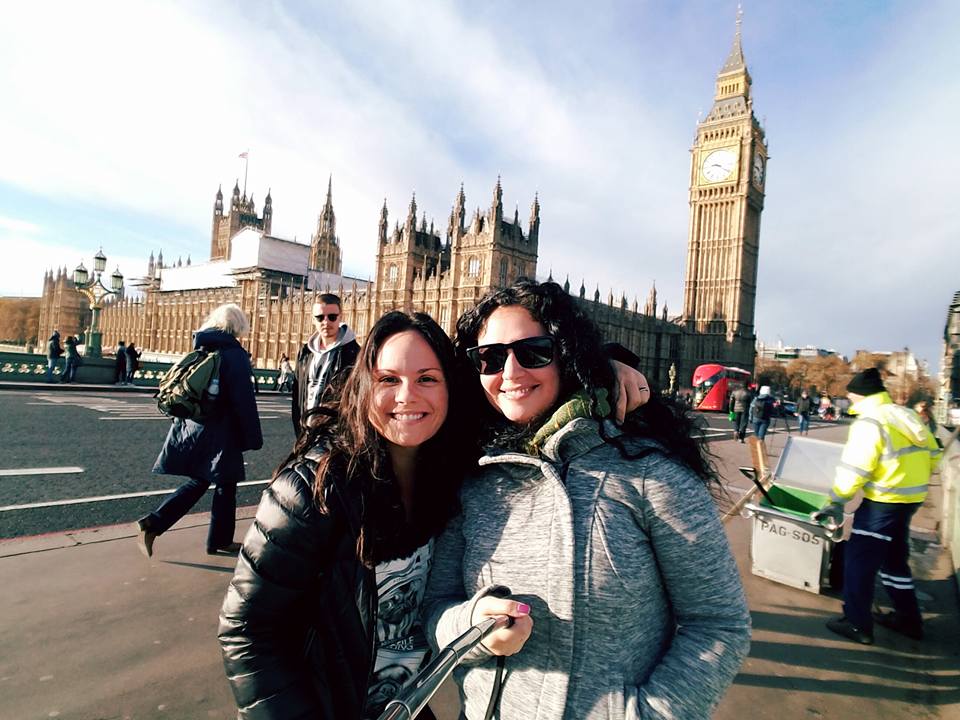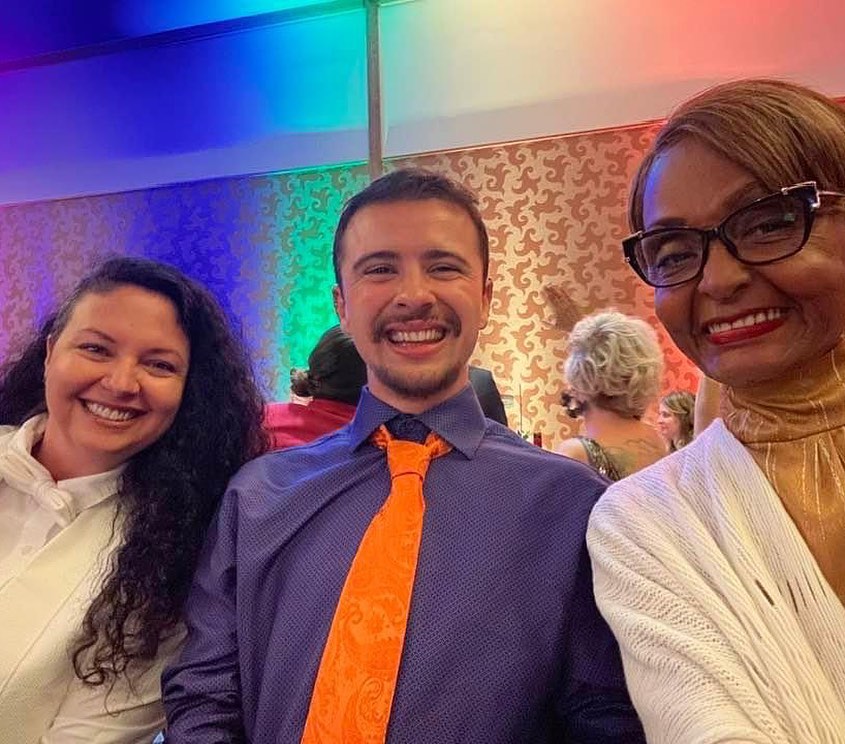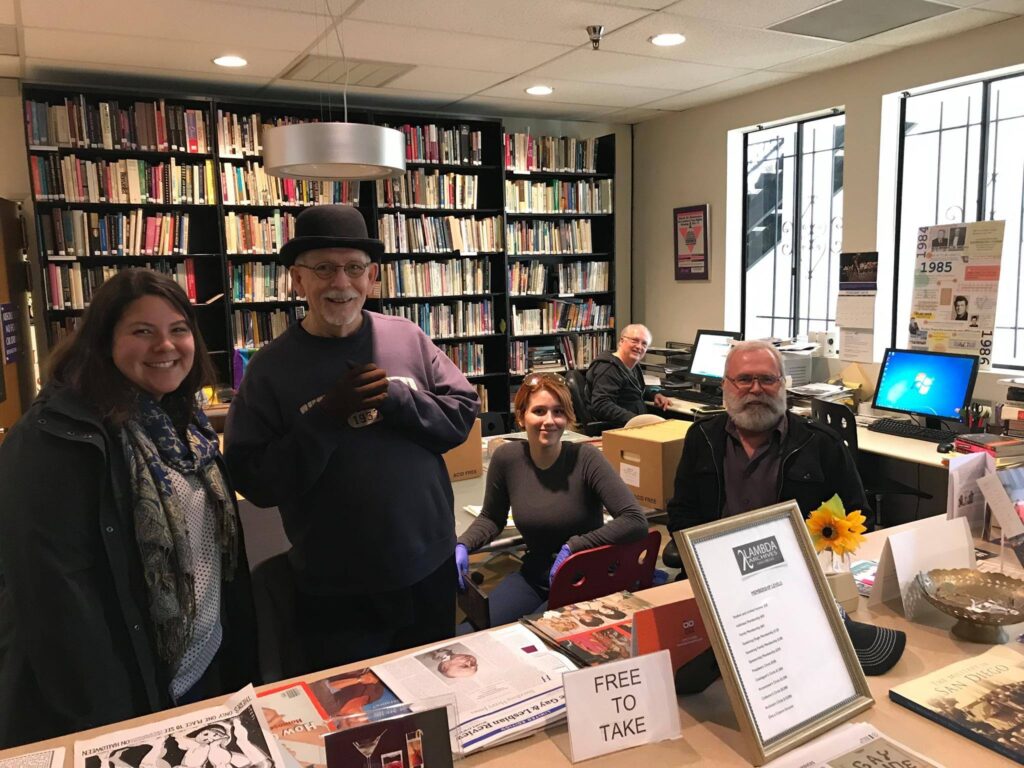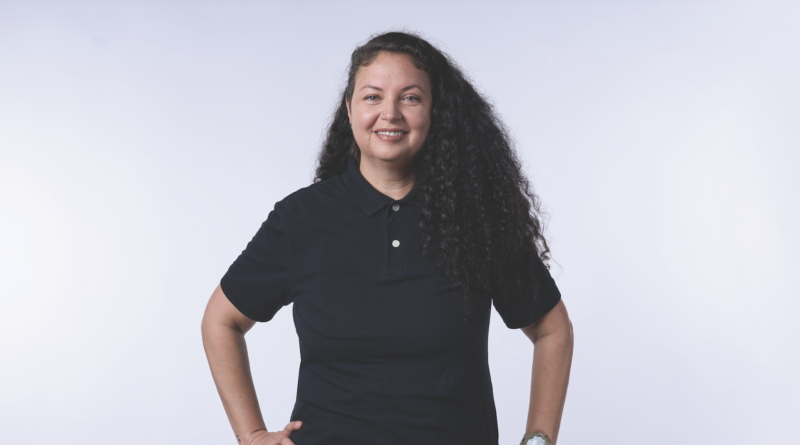Lambda Archives of San Diego Names First Managing Director: Congratulations to Nicole Verdes
By: JP Emerson
Jess Jessop incorporated Lesbian and Gay Archives of San Diego (later Lesbian and Gay Historical Society of San Diego, now Lambda Archives of San Diego) in 1987, starting the collection with materials that he and Doug Moore had gathered earlier. Lambda Archives of San Diego (LASD) is now one of the best-maintained collections of LGBTQ+ history in the country, it houses the Fritz Klein Bisexual Archives and a tremendous Pride collection.
Lambda Archives of San Diego views all aspects of LGBTQ+ life as important to the understanding of our communities’ values, interests and issues. To this end, LASD actively seeks to acquire and preserve materials that reflect the diversity of our communities in respect to gender and sexual identity, racial and ethnic identity, age, and the broad range of our communities’ activities and concerns including politics and social activism, social groups, support groups, athletics, spiritual groups, arts and culture, business and finance, and general community resources. LASD collects not only material related to the communities’ past history, but documents current events as well.
Now, for the first time ever, LASD has named their first Managing Director, Nicole Verdes and we couldn’t be more pleased. We had the chance to catch up with the very busy Nicole for a Q&A.

Please tell us about yourself.
My name is Nicole Verdes, I use they/she pronouns. I’m half white, half Cuban and identify as both Queer and Non-Binary. I grew up in San Bernardino County – the largest county (geographically) in the world. I hold a master’s degree in Sociological Practice from Cal State San Marcos, and I wrote my graduate thesis on Riot Grrrl – an underground feminist punk rock movement that used zines as a method of subversive communication. That experience was central in eventually leading me to find Lambda Archives. I met my wife, Megan, in grad school and we live in Normal Heights.
What are you most passionate about?
I am passionate about arts and culture, particularly as it relates to how artistic expression can (and should) be used to provoke social and political change.
What does San Diego mean to you?
San Diego is an interesting place. It’s a border town, a military town, and also has more out LGBTQ+ elected officials than any other city in California. These three key elements of the city are part of what make it so unique – especially in terms of how the LGBTQ+ community fits in to the narrative. I’ve heard people say that San Diego is a big city that operates like a small town. I agree with that statement and find that this is one of the things that makes San Diego surprisingly quirky.
Which accomplishment are you most proud of and why?
My proudest accomplishment is developing and securing funding for a full-time Youth Programs Manager at Lambda Archives. In its inaugural year, our youth programs engaged hundreds of youths in the work that we do in the Archives and also provided funding for ten LGBTQ+ youth internships. Youth were provided with hard and soft skills training in the Archives and were also provided with laptops and archivist-in-a-backpack kits. LGBTQ+ youth chose topics that were important to them and then were paired with elders in the community to produce their own oral history projects and a subsequent youth exhibit.

What are you most looking forward in your new position?
Along with our two full-time and three part-time staff members, I am most excited about becoming a part of this dynamic team to not only expand our outreach efforts – but I’m just genuinely excited to work towards the sustainability and growth of the organization, which is really what this role is designed to do. I can’t tell you how many times, as a volunteer I thought to myself “I wish I had more time to do this, that or the other thing.” Now, as a full-time staff member, I’ll have that concentrated time to focus on shepherding Lambda Archives into its exciting new chapter. I also feel that while the work that Lambda Archives does is vital, it sometimes gets overlooked because we’re smaller and we’re not a direct service organization. I believe that expanding our outreach to South Bay, Tijuana, North County, East County, and other parts of our region that we don’t typically think of when we think of Queer history is also very important. Our local LGBTQ+ movement exists everywhere and it’s important to make a concerted effort to reach people and places that are so often overlooked.
How would you explain the importance of the Archives to our community?
The importance that Lambda Archives holds for the community is massively significant and cannot be understated. The role that a community archives like Lambda plays is not only vital, but it holds a social responsibility to the community whose stories we have been entrusted to collect. Every person has a story to tell. Our personal narratives are as complex and multifaceted as our collective history. The sharing of these personal narratives and histories often reveals painful circumstances in our lives and our history as individuals and as a community, but when shared with others, our histories can be transformed into points of deep relatability.

How can people get involved with the Archives?
Folks can engage with the Archives in a number of ways. From scheduling a research appointment to joining us as a volunteer, we love engaging with the community to share the work that we do! We are also available to visit other community organizations to give presentations on a wide variety of topics with respect to our local LGBTQ+ history. If you’re interested in having us speak to a group, school, or community event, please email us: info@lambdaarchives.org
What will the Archives be focusing on in 2024?
In 2024, one thing we will be focusing on is building programming around intergenerational storytelling. We recently secured a grant through Mental Health America to begin an oral history project that will bring LGBTQ+ elders and youth together to interview each other. While part of this project is meant to record narratives from both segments of the community, there is a much deeper significance to the project, which is to pay keen attention to the significant strides that our LGBTQ+ elders have made and the hopes, dreams, and perspectives of our LGBTQ+ youth. Through this initiative, we will connect older and younger generations to help younger folks understand and appreciate the experiences of our elders, and to provide a means for our elders to share their stories in a meaningful way. This project focuses on bridging generations addressing social isolation experienced by many in our community – particularly as a result of the pandemic.

